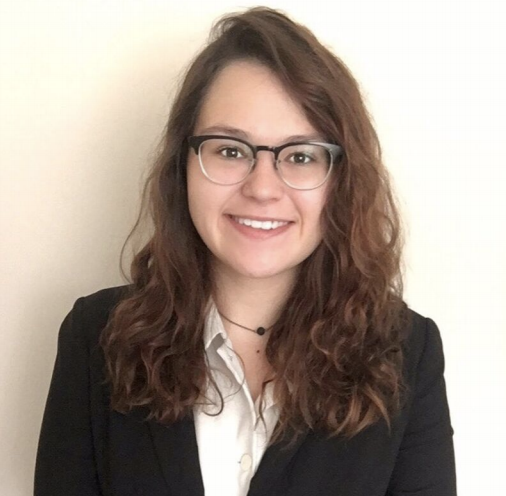
What do you enjoy most about your current position?
I enjoy the variety of work that I get to do. In model risk management I review any and all of the models and projects that the single family business produces. It allows me to learn a wide variety of skills and work with people from many different areas within the company. I also like risk because it allows me to be creative without having to build something from scratch. When I review models, I build a benchmark model based on what the modeling team has already done. From there it’s just about testing and breaking the two models until I decide their model is good enough, or I find something that works better.
What is a typical day like in your position?
Usually, I have a handful of meetings for the projects I’m working on. I catch up with other team members and pursue learning opportunities. I’ll have meetings with the model developers to ask questions about their models and raise any concerns that I may have. When I’m not in meetings, I actually analyze models, including the input data, methodology, assumptions, and limitations. And once I have completed the review, I do a write up of all the work I did to send back to the modelers with any issues I may have found. I also spend some time on ad hoc projects like researching historical trends, writing code to automate processes, and translating programs from one coding language to another.
Which undergraduate experiences (i.e. internships, on-campus leadership, living learning communities, faculty member, etc.) did you find most helpful in preparing you for your current position?
I had two risk-focused internships: one in the Risk Management Supervision group at the FDIC, and another in the Safety and Mission Assurance Division at NASA. Both experiences introduced me to the basic risk management process and gave me an understanding of how offices work. Risk management is interesting because it can look and feel very different depending on the company you’re in, so having a QUANTITATIVE ANALYST - MODEL RISK MANAGEMENT basic knowledge of what to look for when assessing risk was valuable. In addition, I spent a year as the Vice President of the Economics Association. That experience was useful to build my leadership and project management skills because, even if you aren’t directly managing projects, you will need to be able to manage your work effectively.
How has your coursework helped you in your current position (i.e. quantitative skills, research techniques, communication skills)?
I think the econometrics courses that I’ve taken (422 and 423) were incredibly helpful for preparing me to do heavy quantitative work. The Intro to Coding in Stata was also helpful as a springboard for learning all of the coding languages I use now. I also think that the courses that required me to write long papers (COMM107, Business Writing, honors seminars, etc) were valuable in hindsight because I also have to write reports of my work. It’s less fun than doing the validation work, but it goes much easier if you have a foundation in technical writing – that way you don’t have to make too many edits after your boss reads it.
Any job or internship advice for students seeking a position in your field?
I’d start by saying that risk is involved in everything we do, so don’t limit yourself when looking for jobs or internships. I think it is helpful to have at least one risk-focused internship before applying to jobs after graduation. If you’re applying to jobs and don’t have one, try to find ways to connect your previous work to risk. In both internships and jobs, make sure to network with people who are doing things you think are cool. Whether you offer to grab coffee or catch them in a common area and have a quick chat, it’s good to be on the radar of people who are doing work that's more aligned with your interests.
Anything else you want to share with undergraduates?
It’s really important to find a job you like, and it’s also important to give every assignment a chance – you may be surprised by what you end up loving and hating. Make sure you keep growing and learning. If you’ve stagnated, it might be time to consider a new project or position. Last, don’t be afraid to put yourself out there. As a new employee or intern it can be easy to doubt yourself, but you do a disservice to your company if you have a concern or an innovative idea and you don’t at least bring it up. Be bold!

